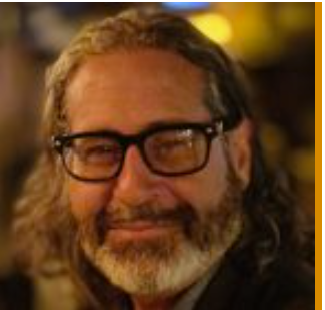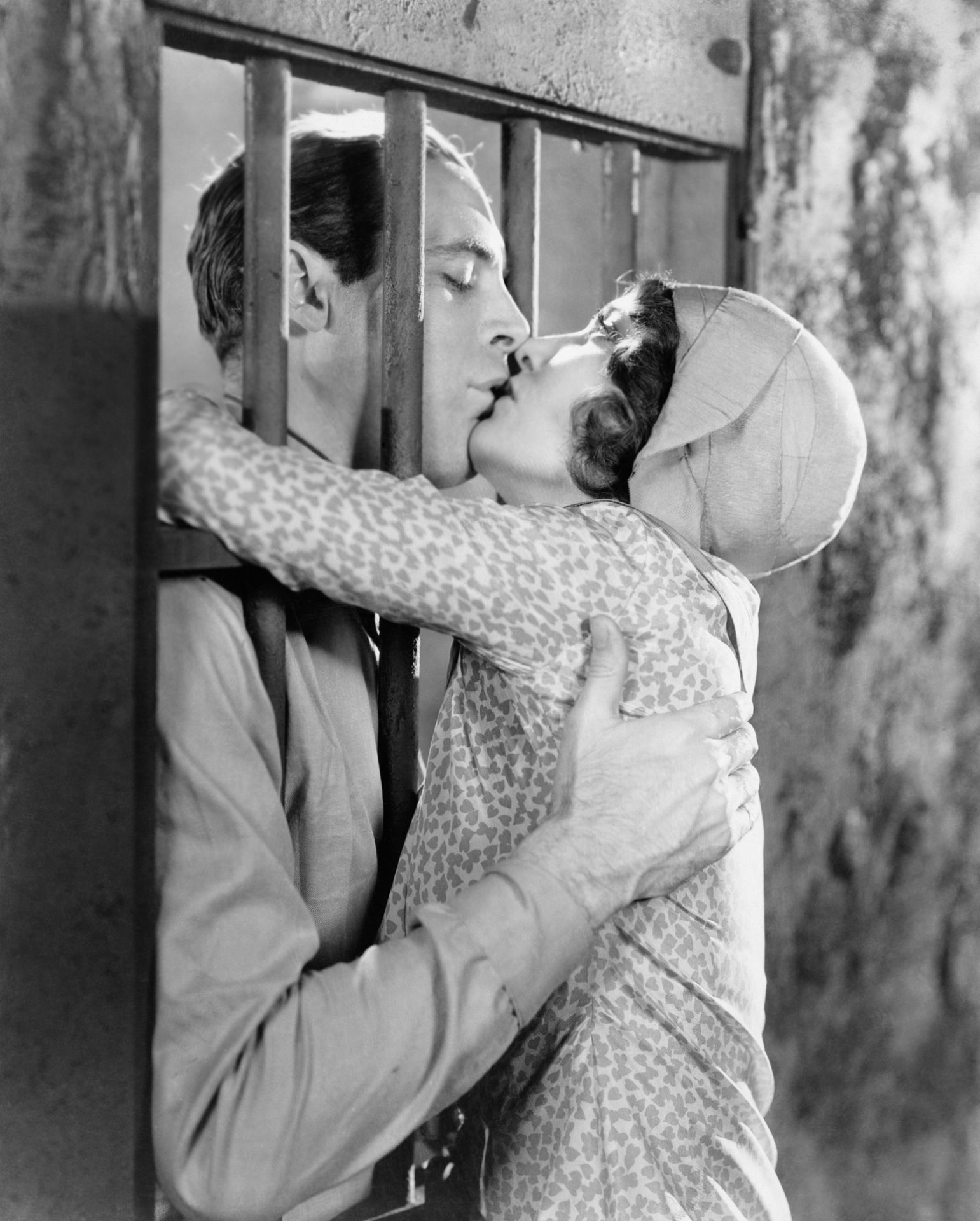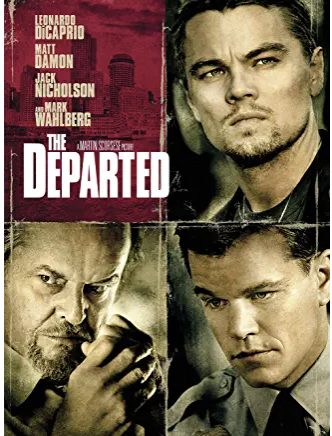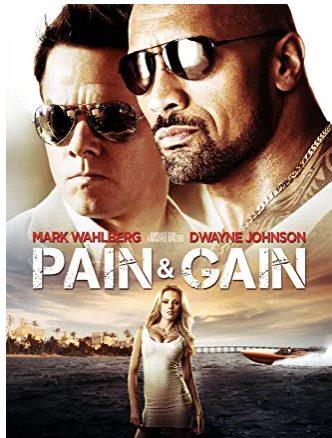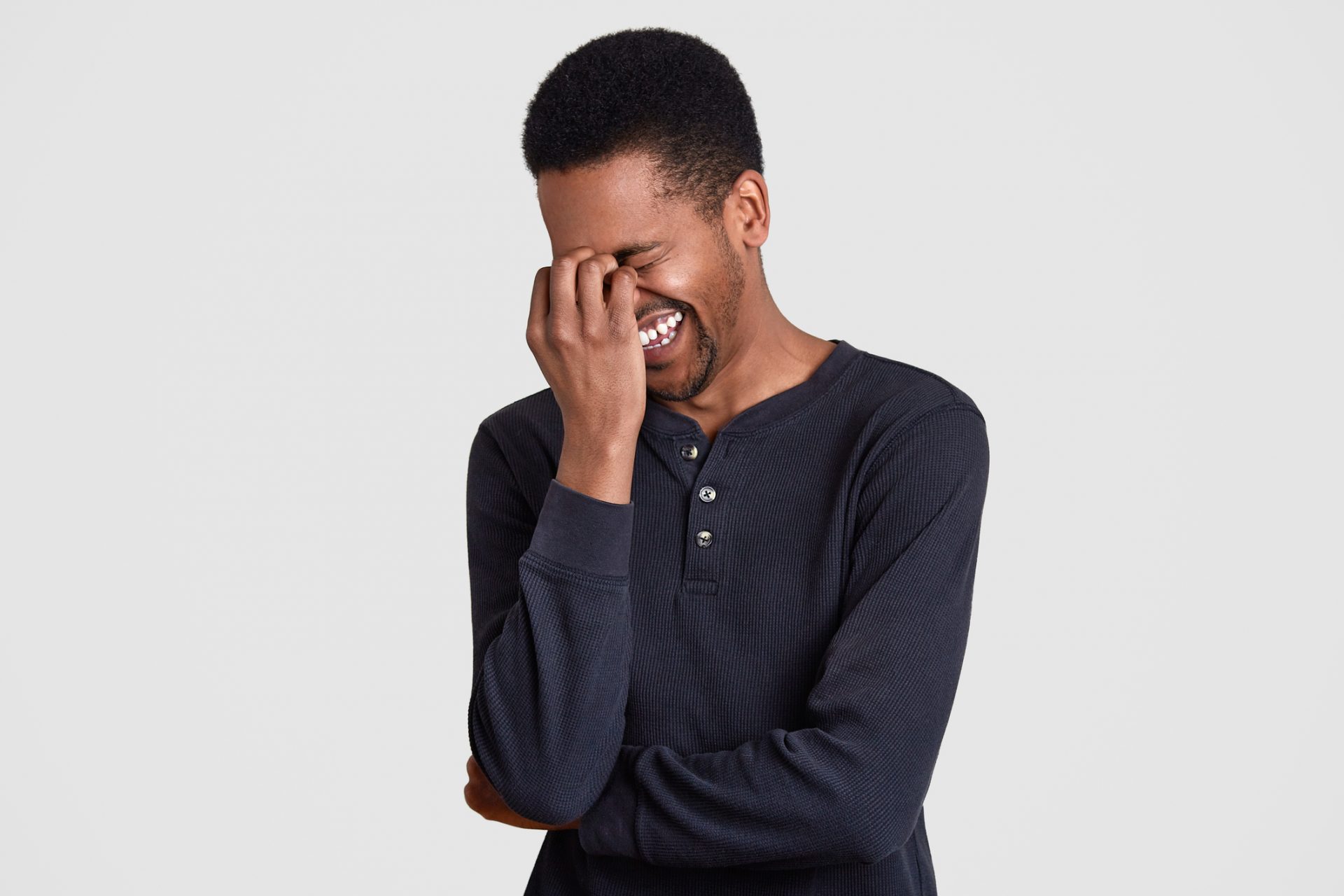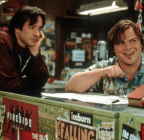The Prodigal Priest, Fr. Stu—Mark Wahlberg’s best

”Father Stu,” with Mark Wahlberg in the title role, is the best performance in the storied career of the artist once known as Marky Mark. Yes, even better than his performance in “The Departed.” The Oscar race for Best Actor should be over already. Tweet
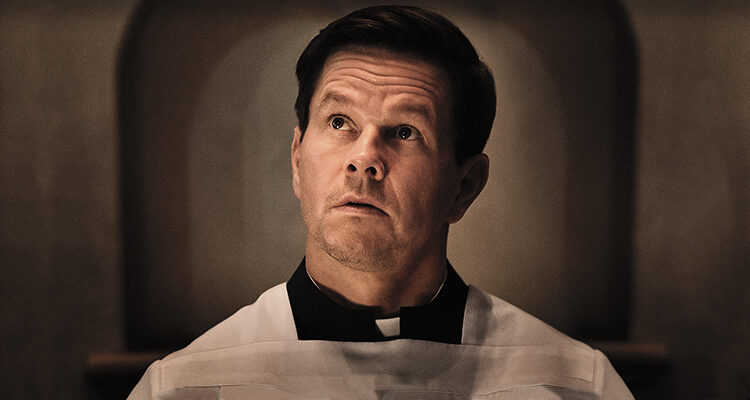
Highlights
Planned Man gives Fr. Stu Three Thumbs Up!
We have taken the separation of the Church and State, too far.
Keeping religion out of politics is a good thing.
Keeping it out of our shared public life and culture is quite another.
Fighter, drunk, rebel without a clue or cause—a guy with an animus for God, blaming Him for his younger brother’s death and the ensuing dissolution of his family—becomes a Catholic priest, and lives the life of the cross as beautifully and painfully as a man imbued with grace can.
”Father Stu,” with Mark Wahlberg in the title role, is the best performance in the storied career of the artist once known as Marky Mark. Yes, even better than his performance in “The Departed.” The Oscar race for Best Actor should be over already.
Planned Man gives the film and the star’s performer a Three Thumbs Up! However, if you look at the cognitive dissonance between the critics (44%) and audience (95%) on Rotten Tomatoes, we see the problem: Elites are secular. We have taken the separation of the Church and state too far. Keeping religion out of politics is a good thing. Keeping it out of our shared public life and culture is quite another.
Mel Gibson, who plays Stu’s estranged, drunk and damaged father, captures the spirit of our age, saying in response to Stu’s promise to keep dad in his prayers, “Don’t you dare pray for me…you’re violating my civil rights!” Now there’s a thought for our era. (As a side note, it has been too long in the making, but ”Father Stu” redeems Mel Gibson’s legacy as a serious actor.)
Like Wahlberg and Gibson, I am Roman Catholic, so a movie like this obviously speaks to me more loudly than it might for someone of a different flavor of Christianity, or different faith—or no faith.
The lead character, however, is no plaster saint. Like most of us, Stu is a mixed bag. He is a charming fighter with a thirst that does not find solace on a bar stool or in a boxing ring. He was not Church–raised. If anything, he was taught to have a deep animus towards the idea of a loving God. In the opening scene, Stu is having a birthday drink at his younger brother’s grave. He walks out of the cemetery and seeing a statue of Jesus, walks over and punches the chiseled chin of Christ.
How does such a man find God? By following a pretty woman into Church for Christ’s sake.
How does such a man find God? By following a pretty woman into Church for Christ’s sake.
But Father Stu ’s gift is that he is human, all too human. His anger for God, the way his soul chafed at the idea of asking God for forgiveness, the earthiness of his language and his behavior, make him a perfect stand-in for the rest of us, for all those flailing in life and struggling to grasp the idea of loving God in a fallen world.
Father Stu’s conversion was not easy. But as Tom Hanks’ character says in the classic baseball movie, “A League of their Own,” if it were easy, everyone would do it. Ultimately, the priest finds that his life with Christ is truly blessed. During his religious formation, Stu is diagnosed with a degenerative and fatal muscle disorder. As he worsened, he was told that he could no longer continue at the seminary. The irony of the Church kicking out a cripple was not lost on—and delivered stingingly—by Stu. What followed is some of the best acting of Mark Wahlberg’s career.
He shuffles into the seminary chapel, discards his crutches, falls to the ground, and he crawls to the Cross, for a tearful “my God, my God, why have you forsaken me” conversation.
The next morning his fallen father finds him looking up at a statue of Mary—his patron saint—from the ground. He says to his broken, despondent son that there is nothing wrong with a fighter getting knocked down, but a fighter gets up and fights on.
What follows is too beautiful and too noble to even try to capture in words. It must be seen.
Father Stu is not for those who are without sin, which makes it a movie for all of us. The moral, earthy clarity Stu embodies and shares—and Mark Wahlberg captures—shows the rehabilitative power of a man imbued with genuine grace.
Such souls are what builds and renews a faith and a culture.
More From Guy Shepherd
